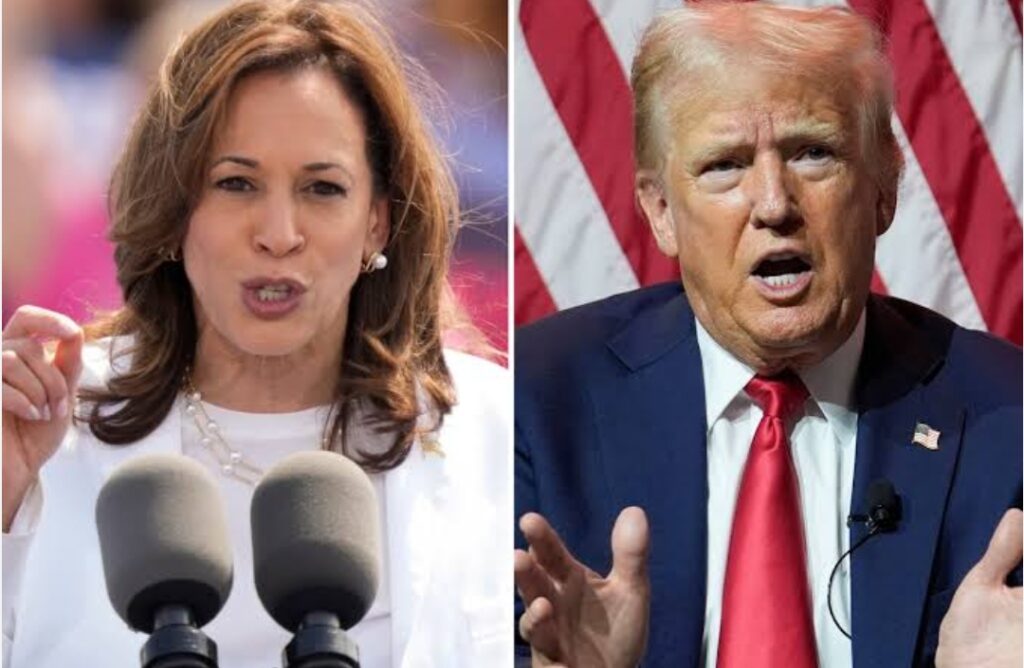
Today, America stands on the brink of history. As citizens head to the polls, they face an unprecedented decision: to elect the nation’s first female president or to reelect a former president they once voted out. With President Joe Biden’s withdrawal from the race, this election comes at a time when the nation and the world are at a critical juncture. The incoming president will inherit profound responsibilities to navigate the increasingly complex geopolitical landscape, counter rising economic competition, and respond to internal social divisions, all while guiding America into a new era.
The choice before the American people reflects the reality that the presidency demands immense stamina, clarity, and an acute awareness of America’s changing role in the world. Biden’s exit from the race signals an acknowledgment of the challenges ahead and the toll they take on even the most resilient leaders. As America’s longest-serving president in terms of age, Biden demonstrated strength throughout his tenure, but he recognized that the magnitude of the tasks facing the next president calls for a fresh approach and renewed vigor. With the U.S. at a critical inflection point, the importance of this decision cannot be overstated.
The next president faces the daunting task of addressing the intensifying global crises. From regional conflicts to the climate emergency, America is often seen as both a major player and, at times, a contributor to these crises. The shift from a unipolar to a multipolar world threatens to reduce America’s longstanding dominance over international affairs. The rise of China as an economic powerhouse, now surpassing the U.S. in purchasing power parity, underlines the growing challenge. As other global powers assert themselves, America’s control over international politics and economy faces unprecedented competition.
The potential election of Kamala Harris as the first female president could bring a new era in U.S. military policy and a shift in America’s approach to global conflict resolution. Women leaders worldwide have often emphasized negotiation, diplomacy, and collaboration, and Harris’s presidency could reflect these values. Her administration may seek pathways to de-escalate conflicts and foster international cooperation, particularly on issues like climate change and economic inequality. Her leadership may also set a precedent for increased female participation in both national and global governance, reinforcing the role of women in peacemaking and community-building.
Should America reelect a former president, it would signal a bold decision by the electorate, prioritizing familiarity and continuity amidst rapid global change. However, in either scenario, the next president will face enormous tasks: to restore domestic confidence, redefine America’s global partnerships, and reassert its moral leadership. From addressing inflation and income disparity at home to fostering a diplomatic balance with rivals like China and Russia, the nation’s leader will need to navigate a complex and evolving landscape.
The world waits in anticipation as America prepares to make this historic choice. Regardless of the outcome, today’s election marks a turning point, not just for the United States, but for the global community, as it watches the emergence of a new chapter in American leadership.

